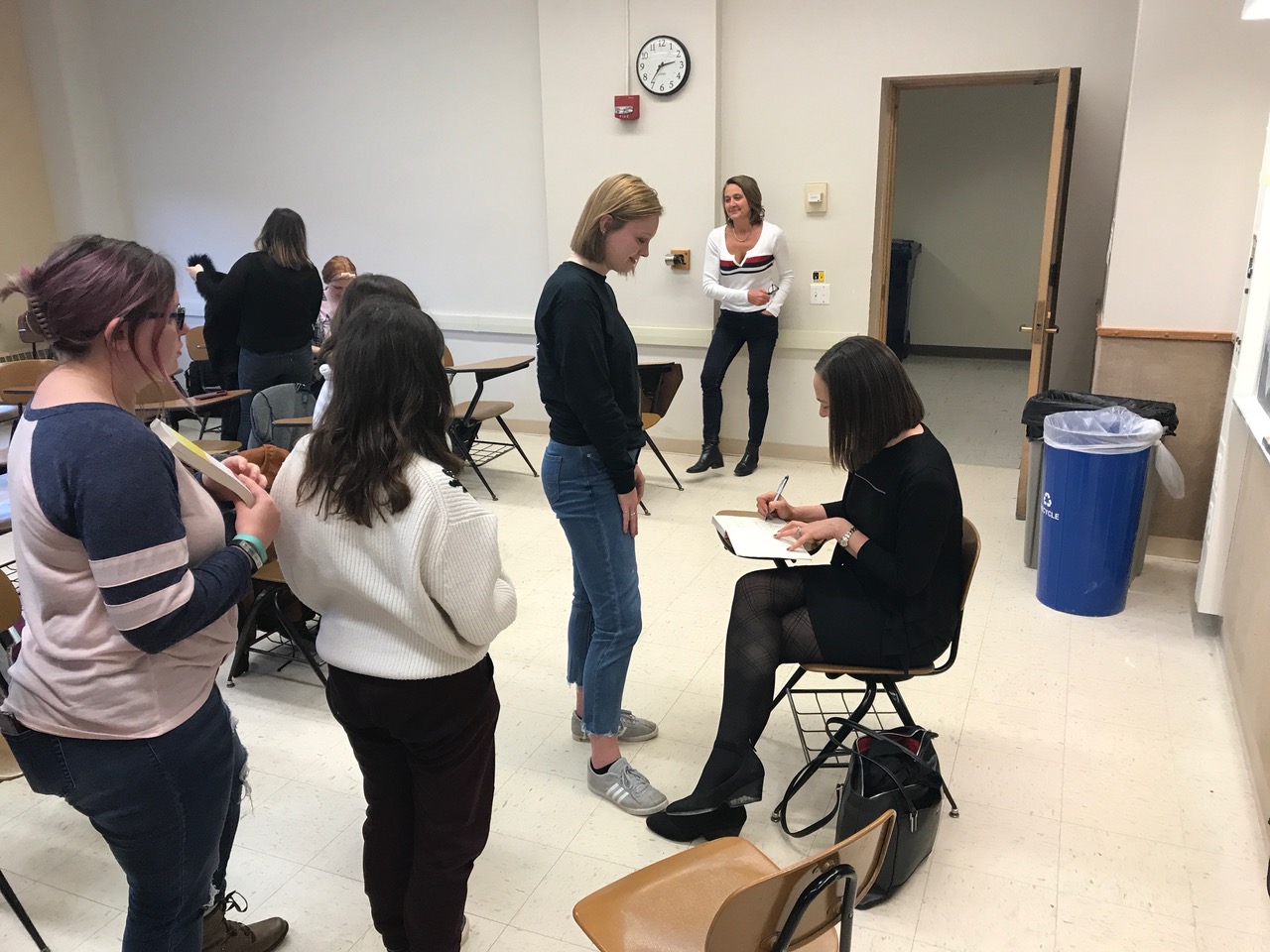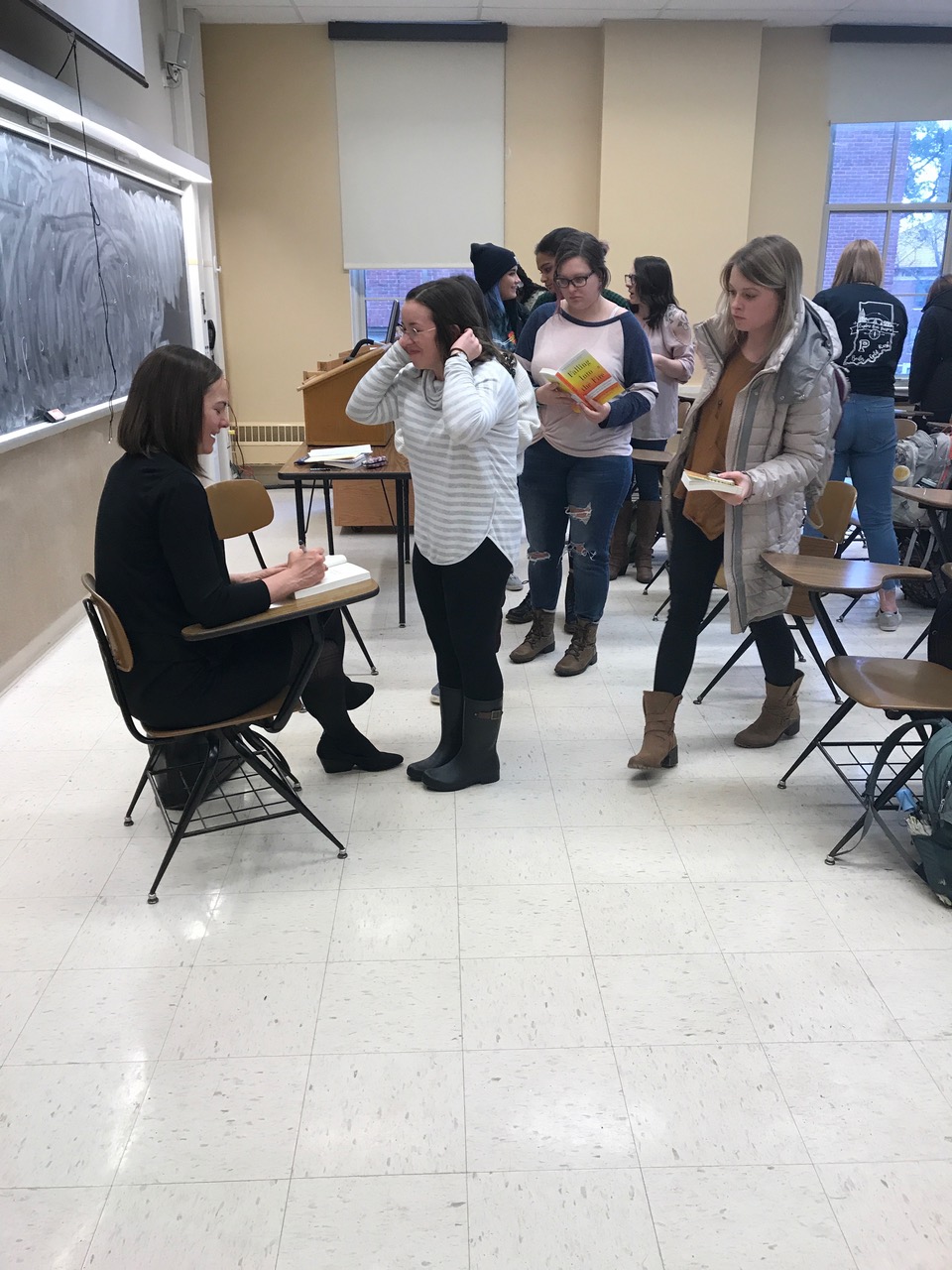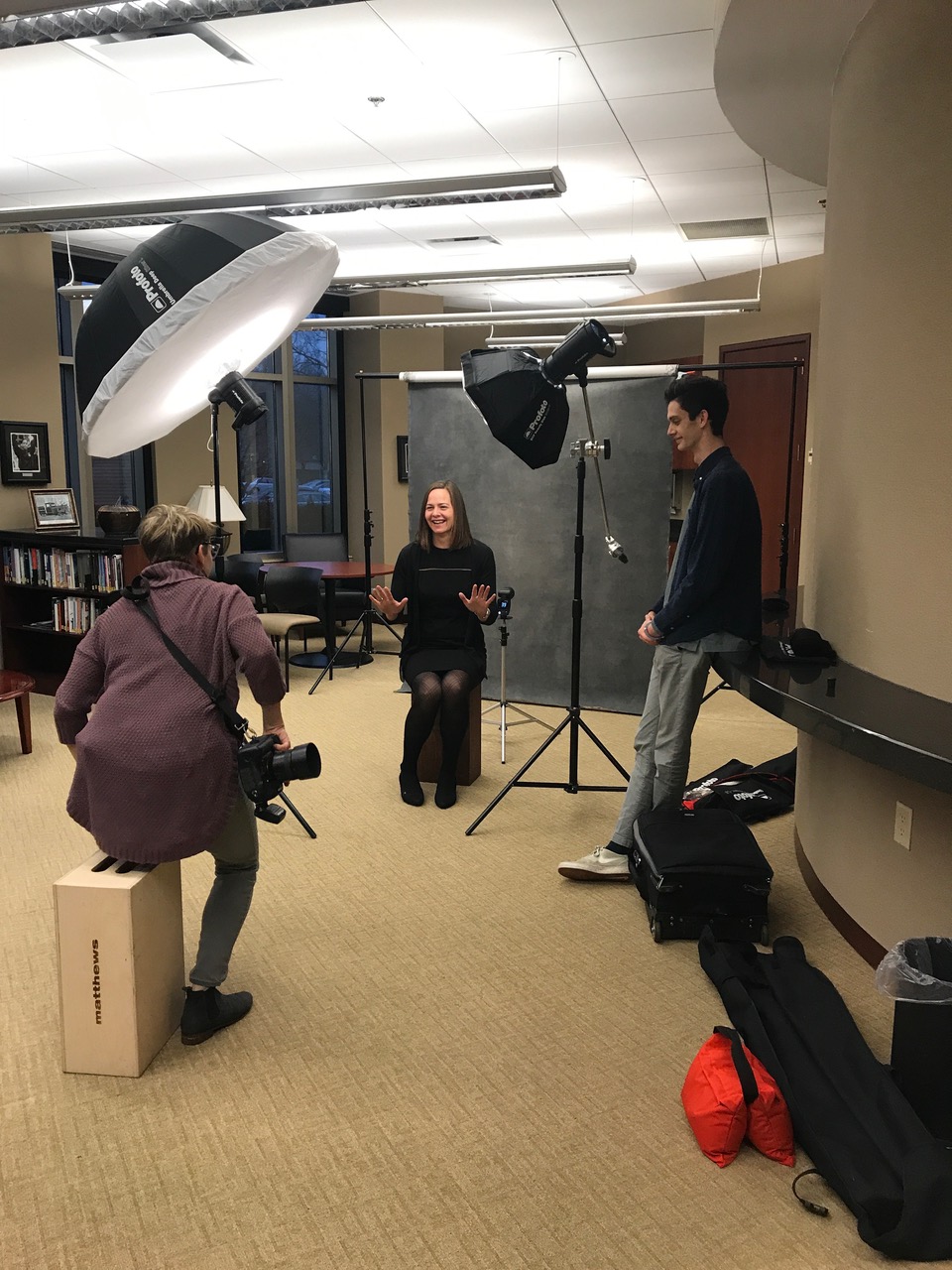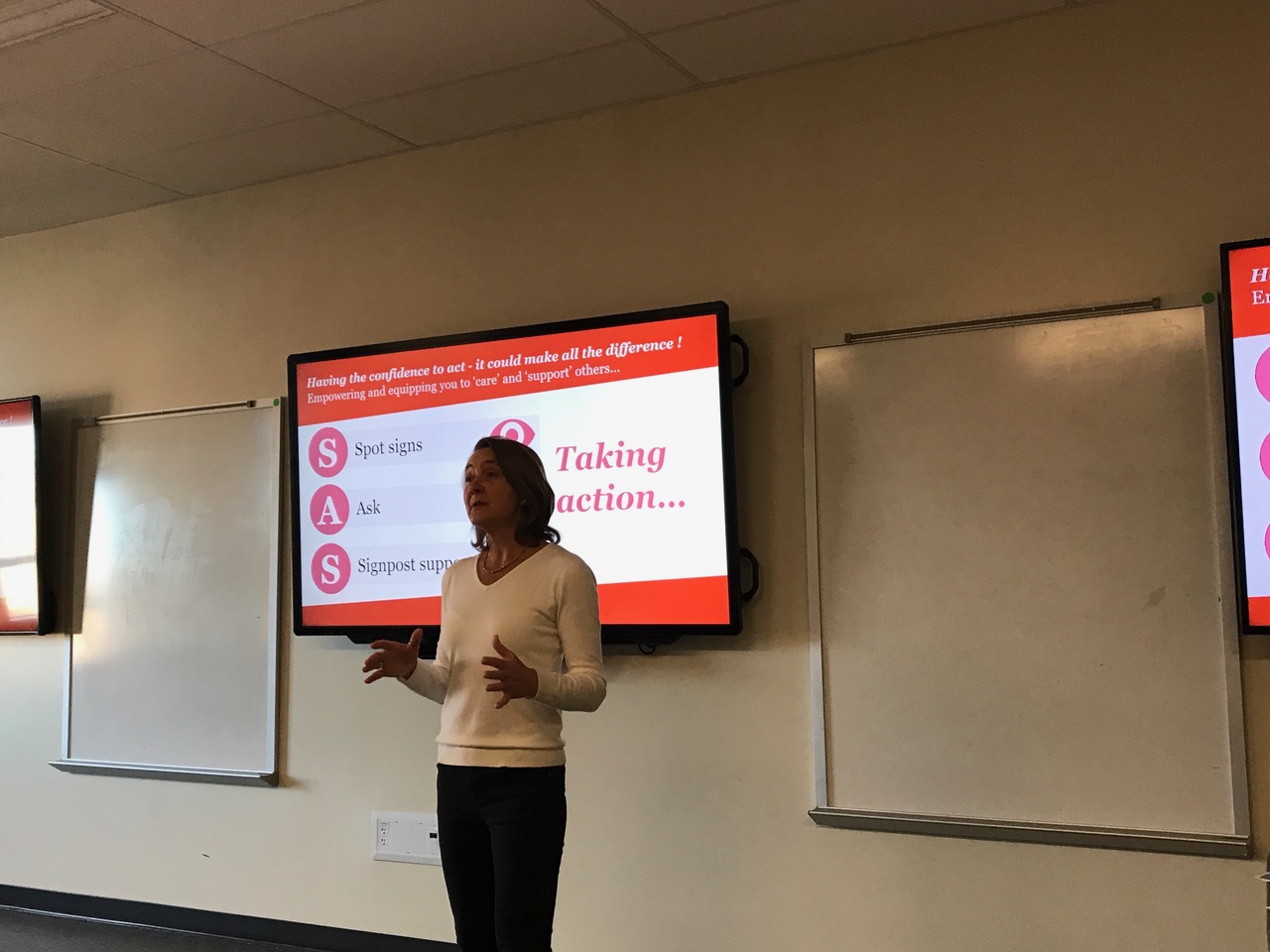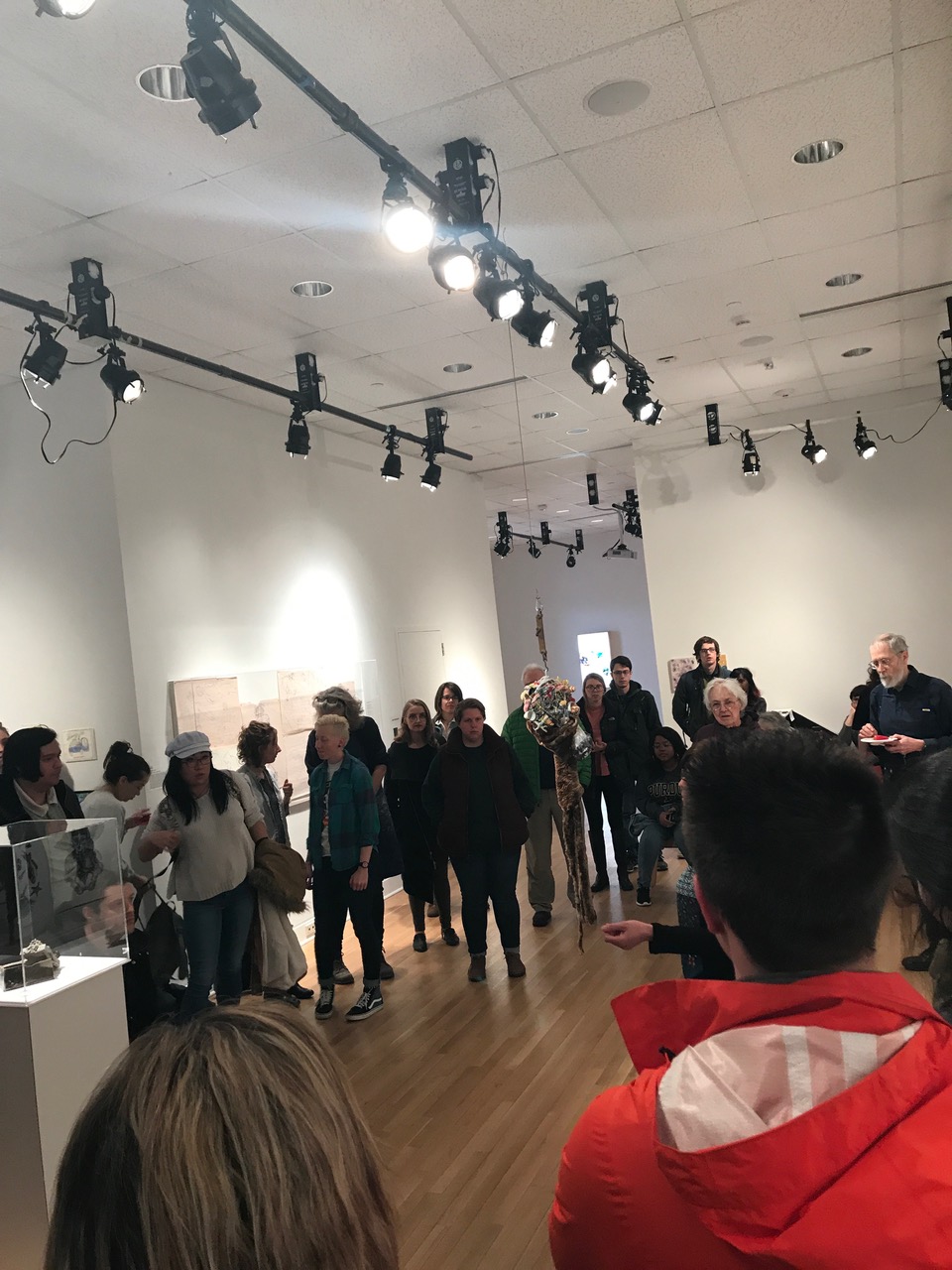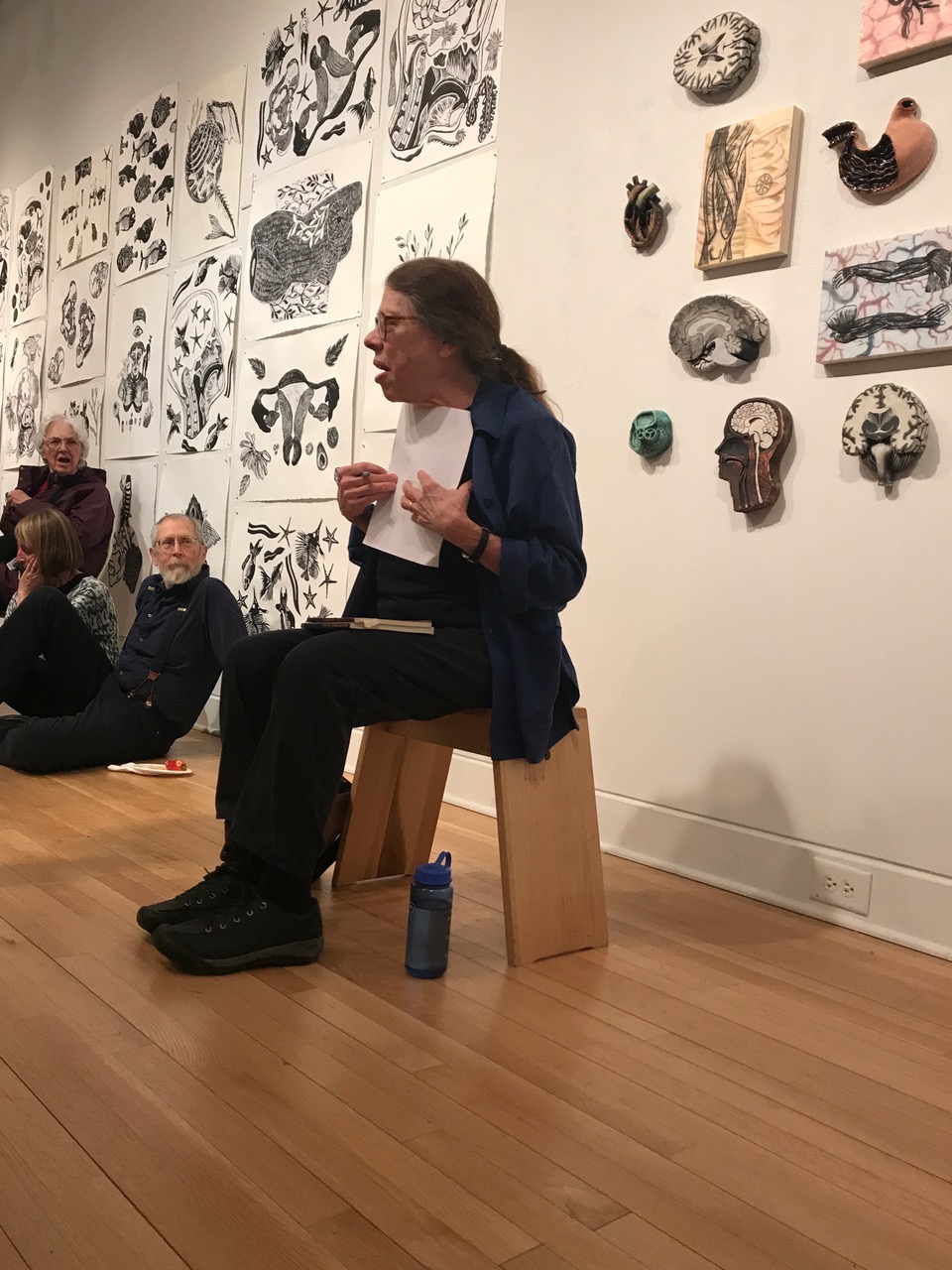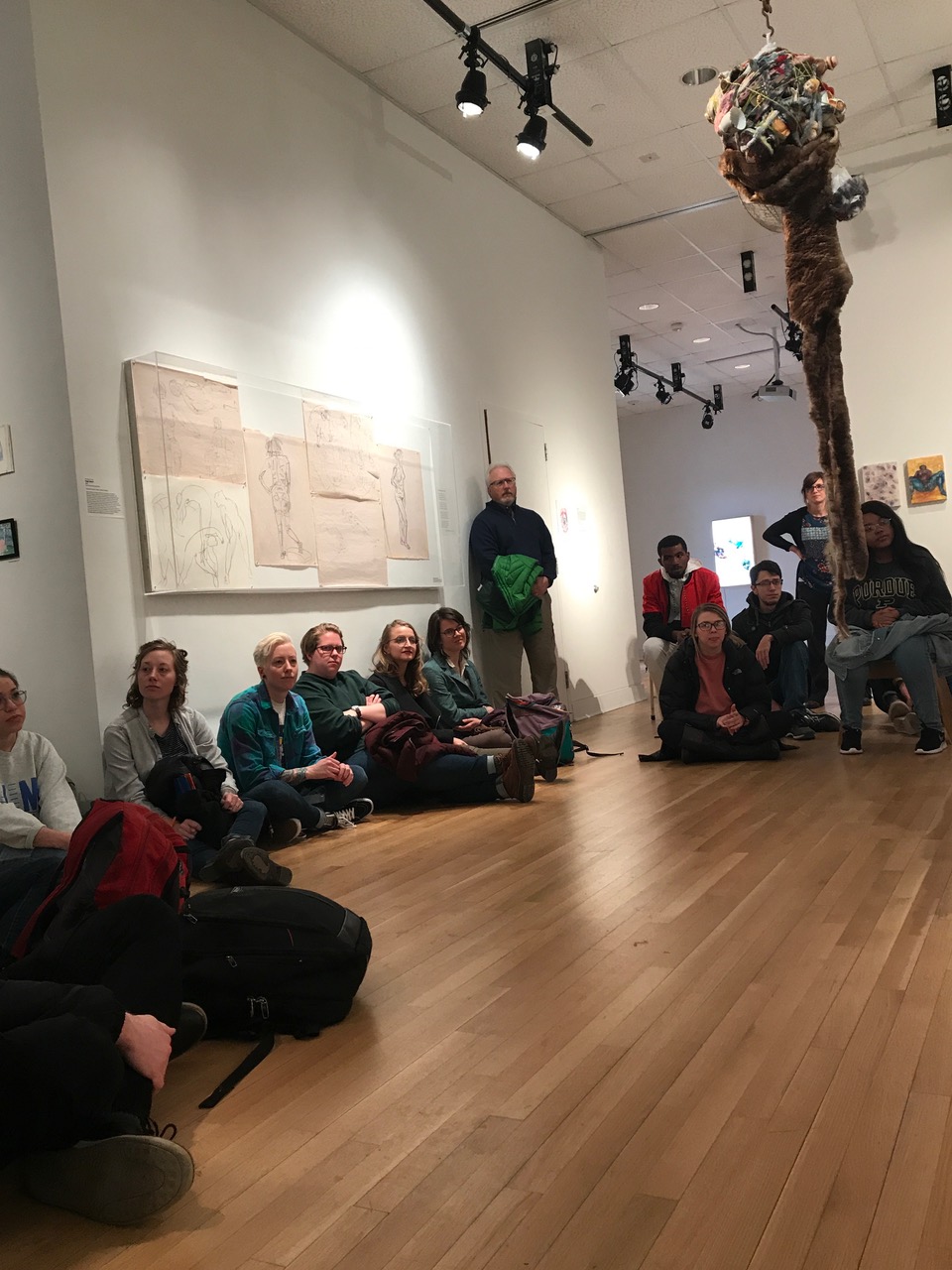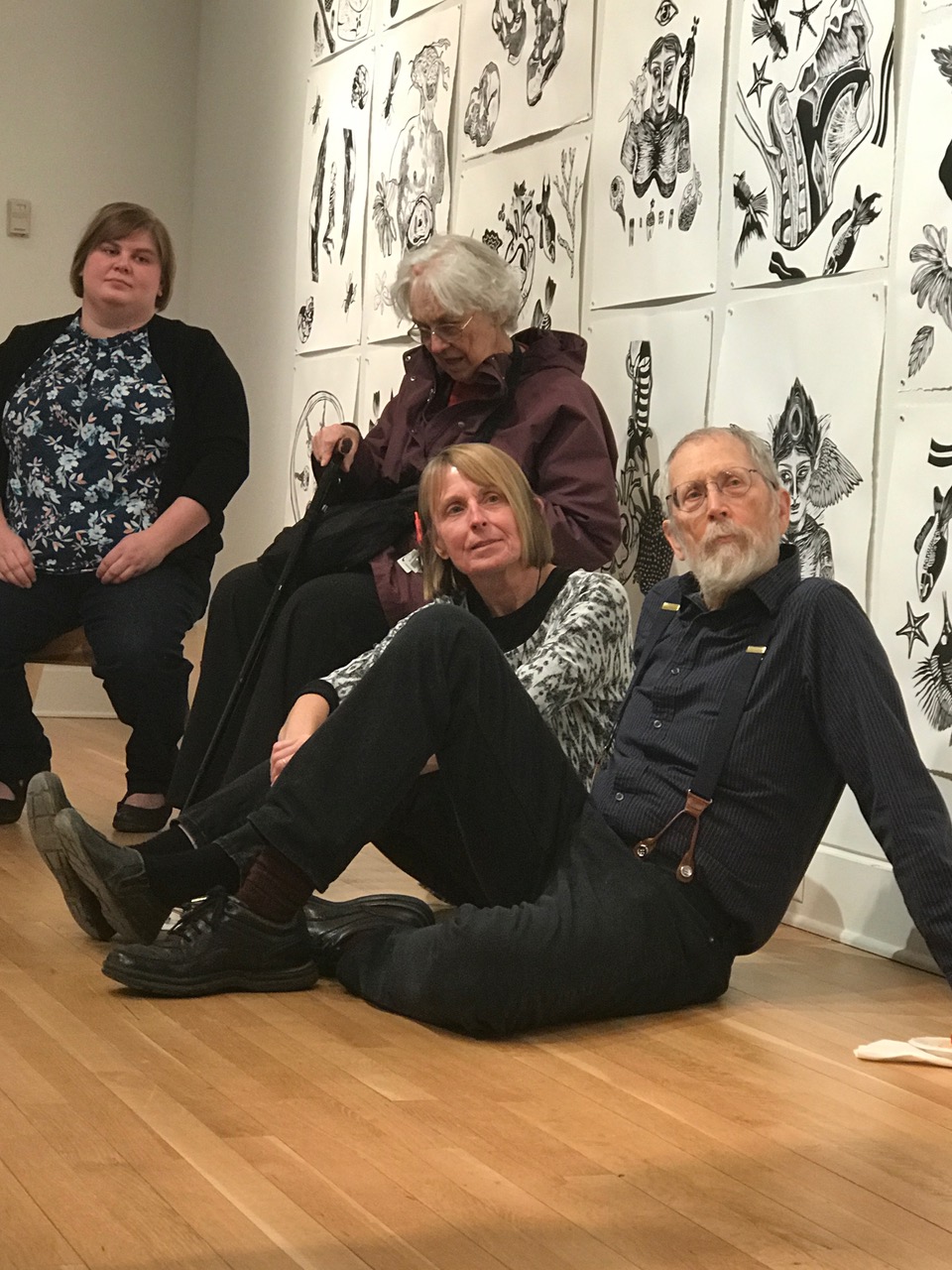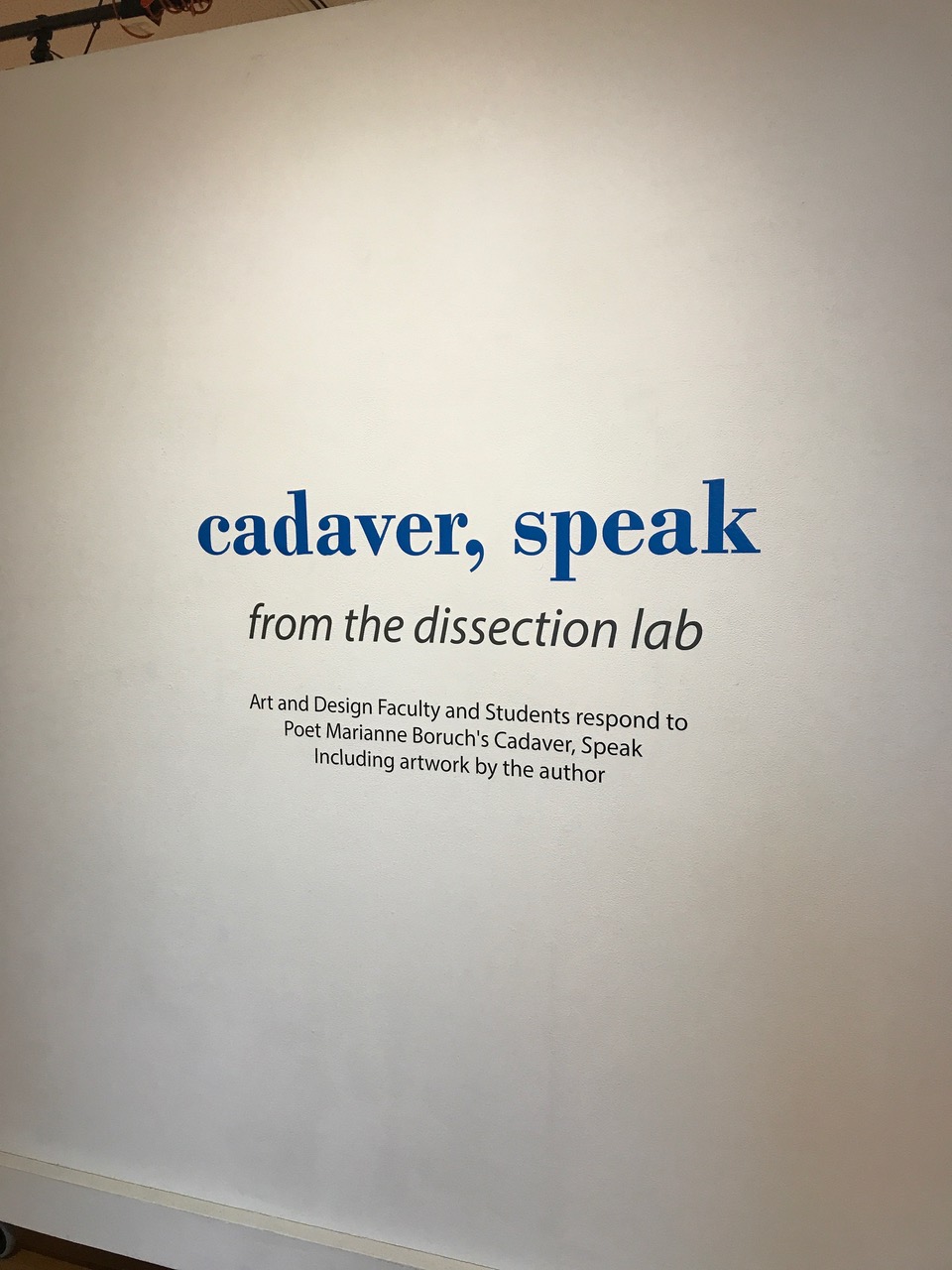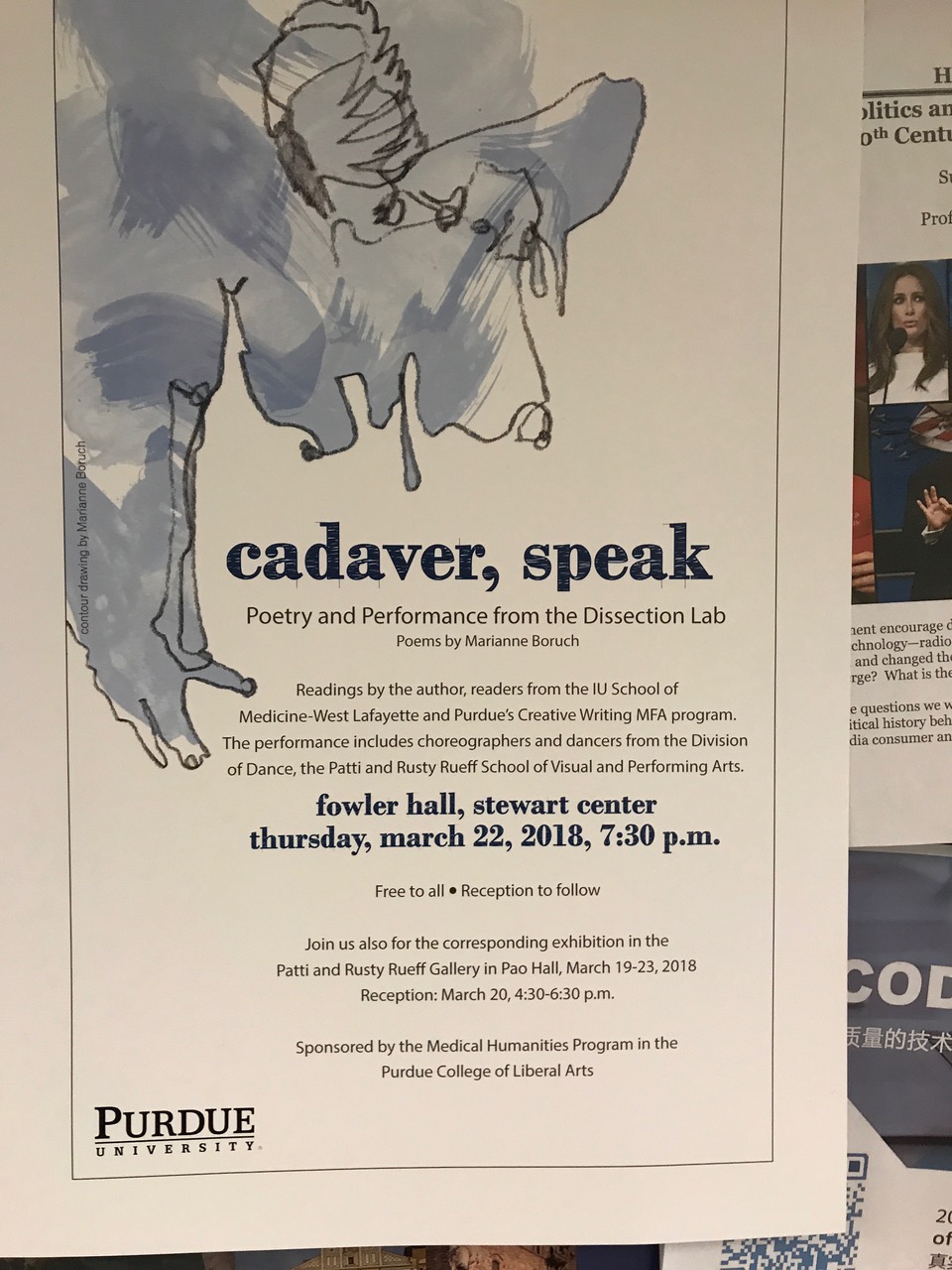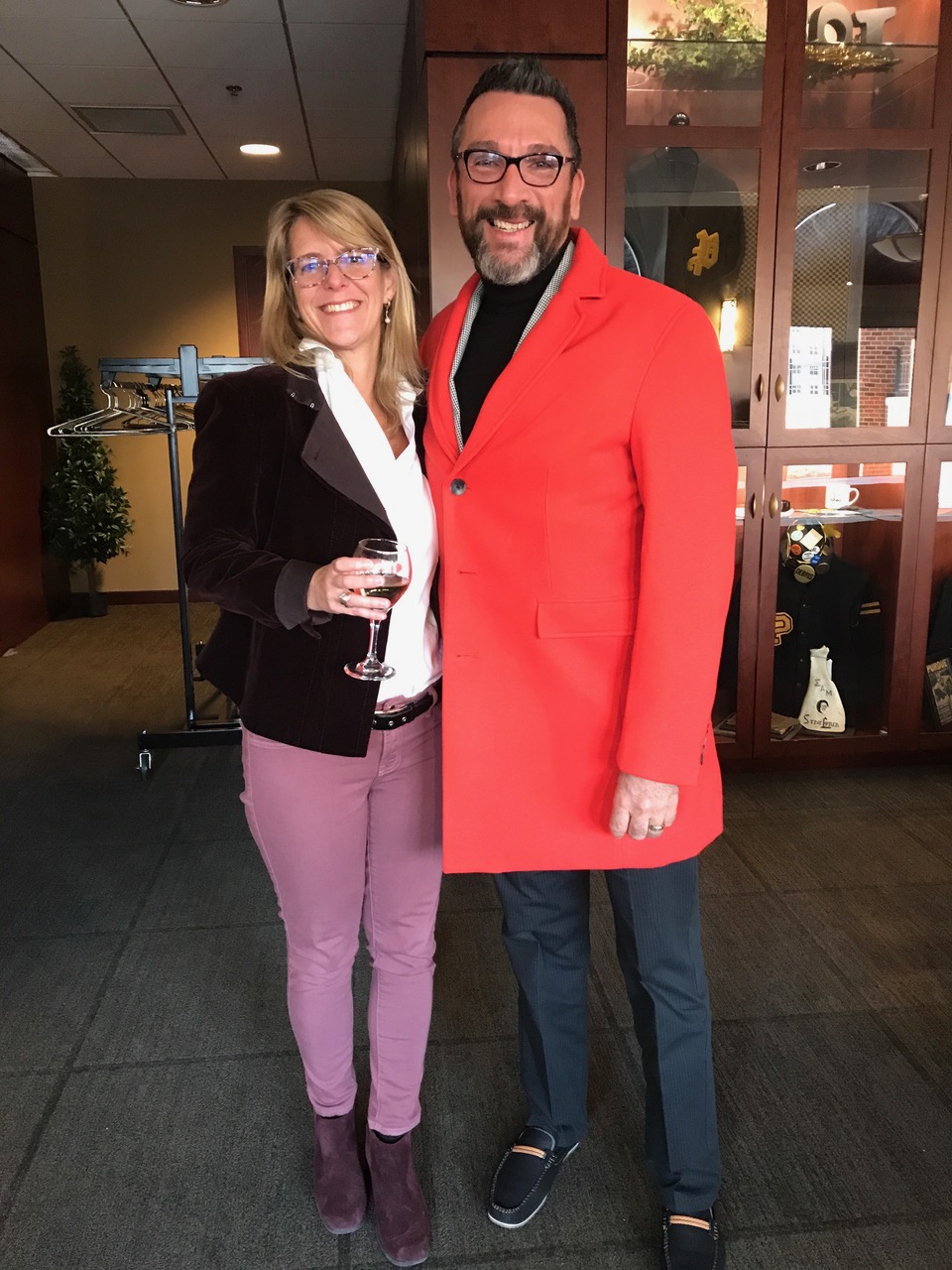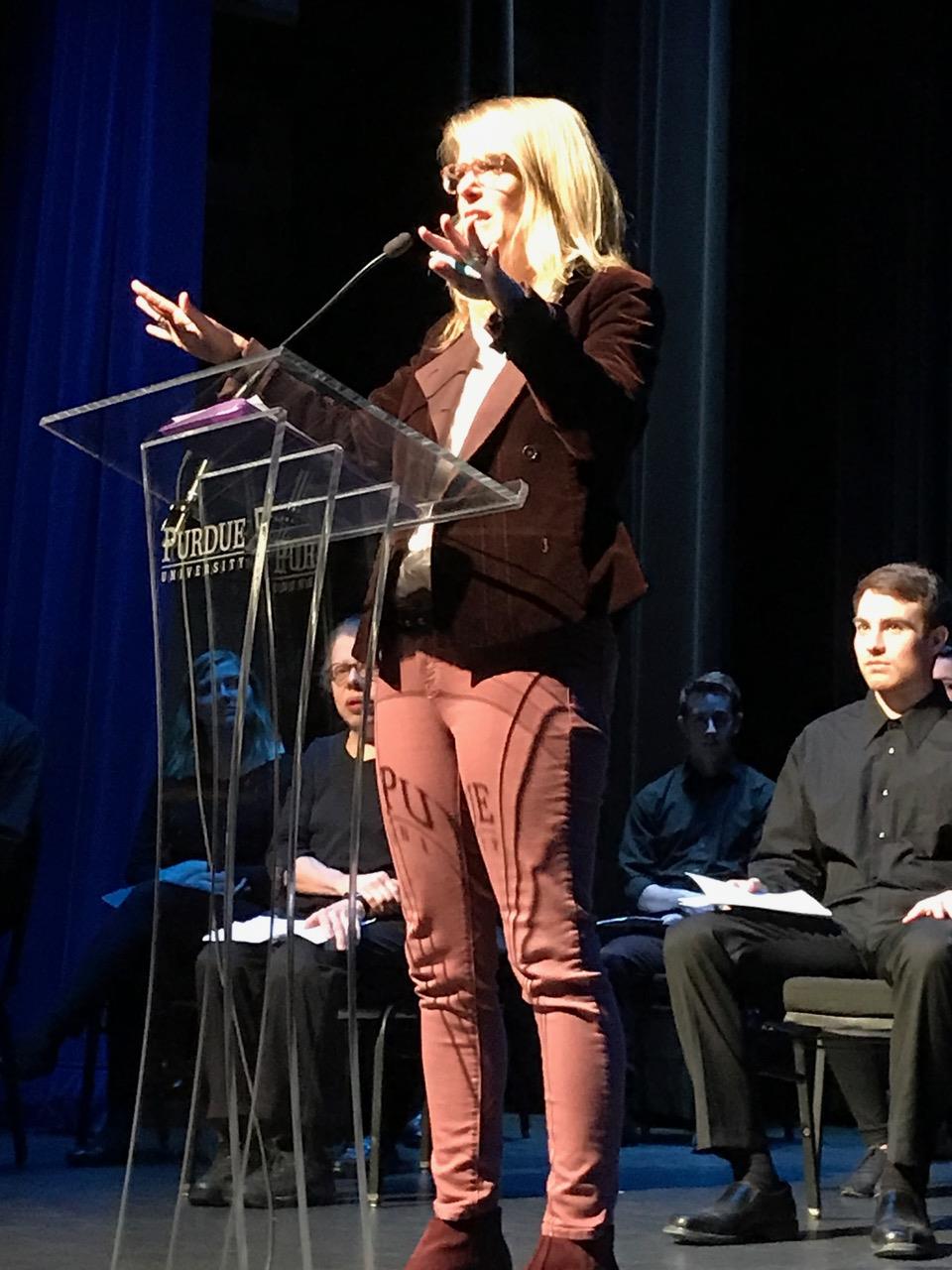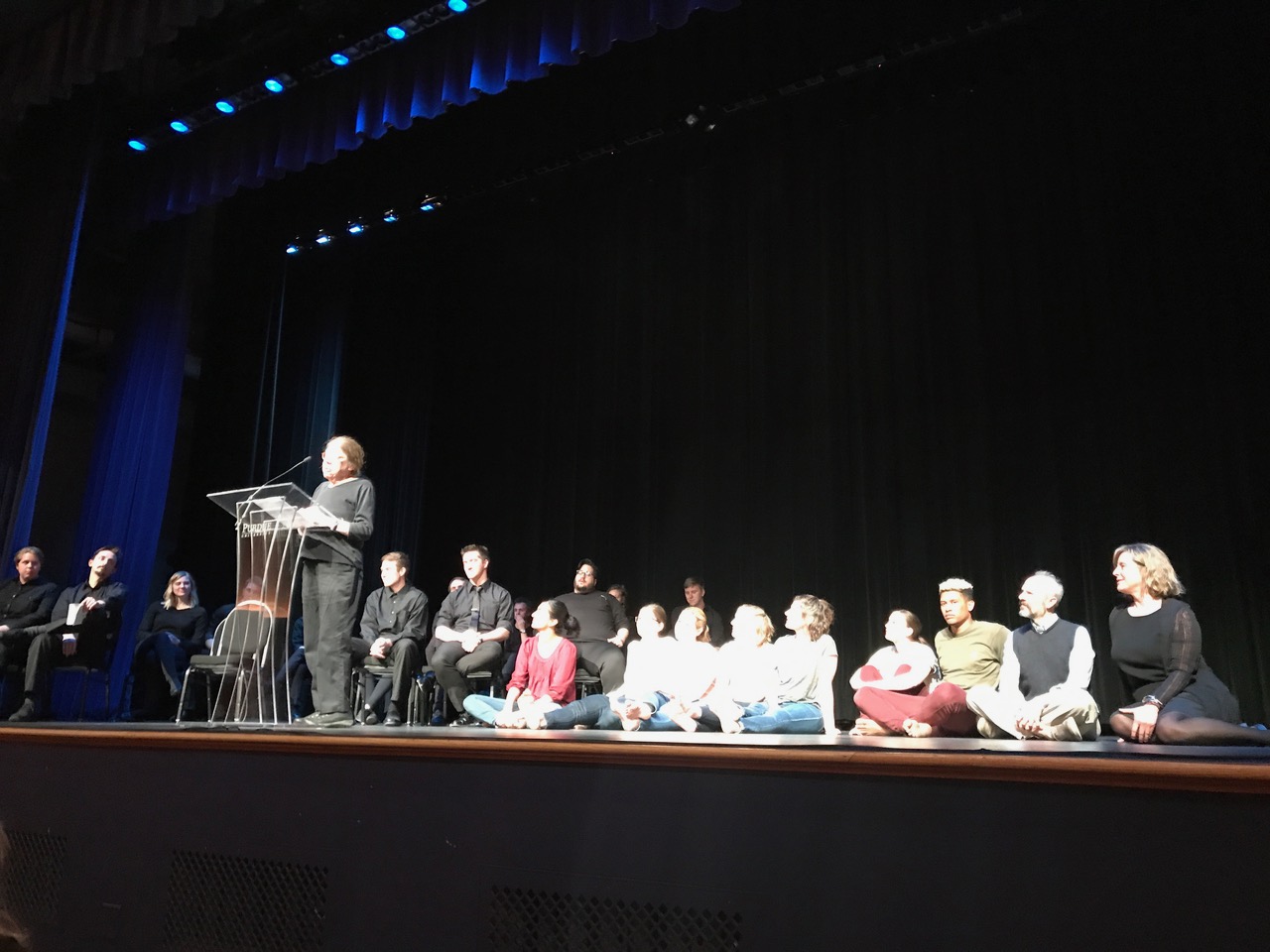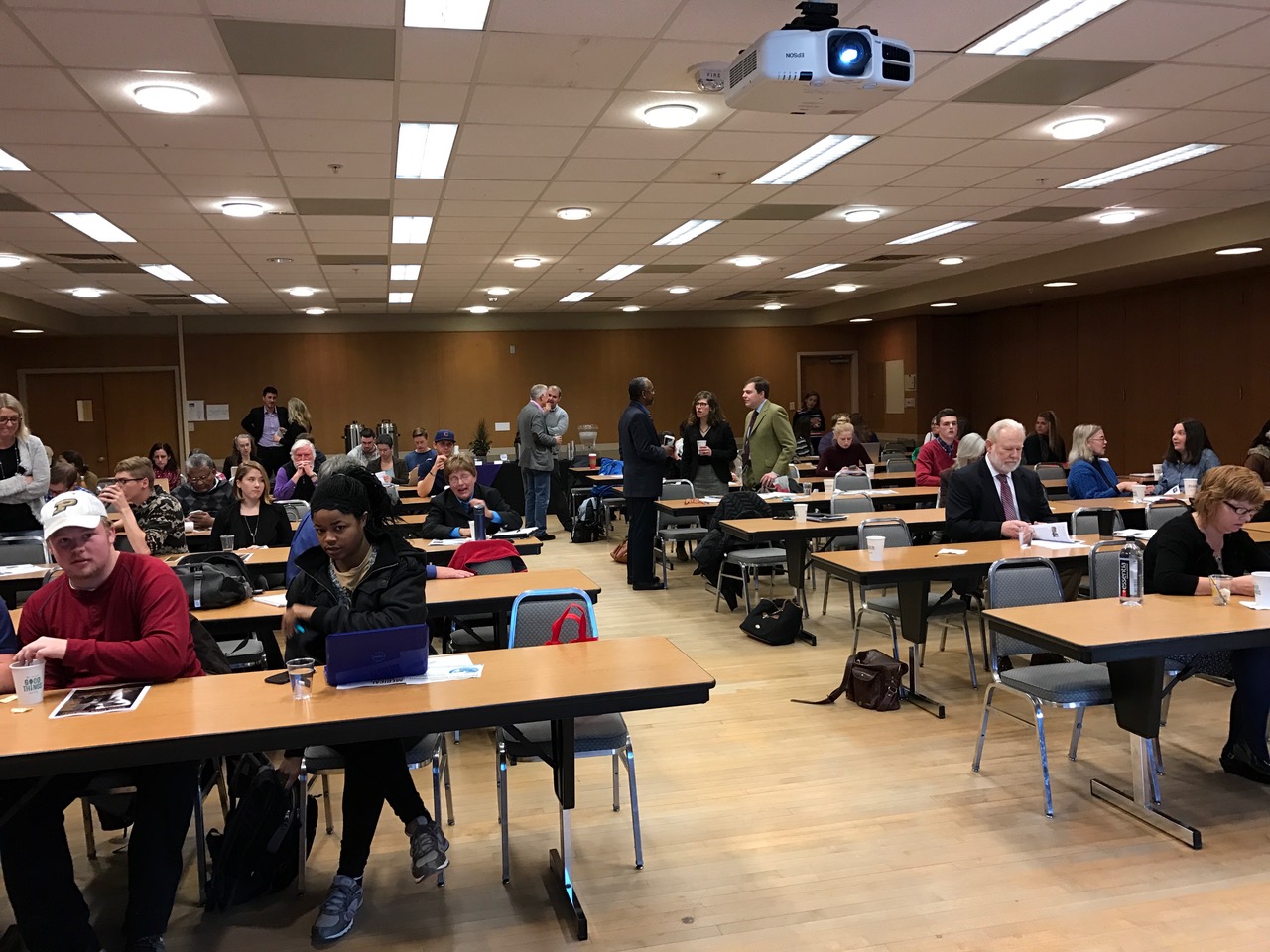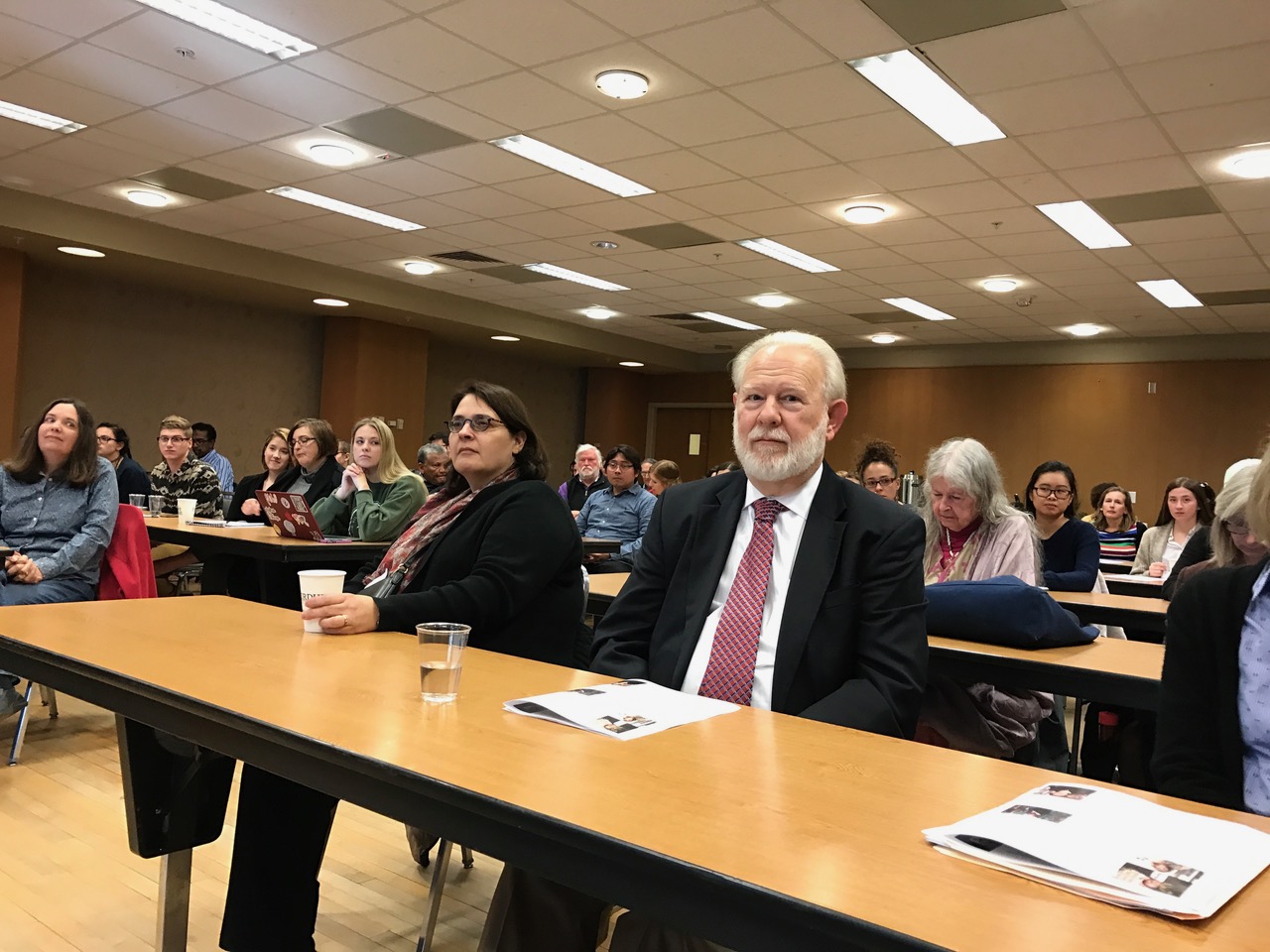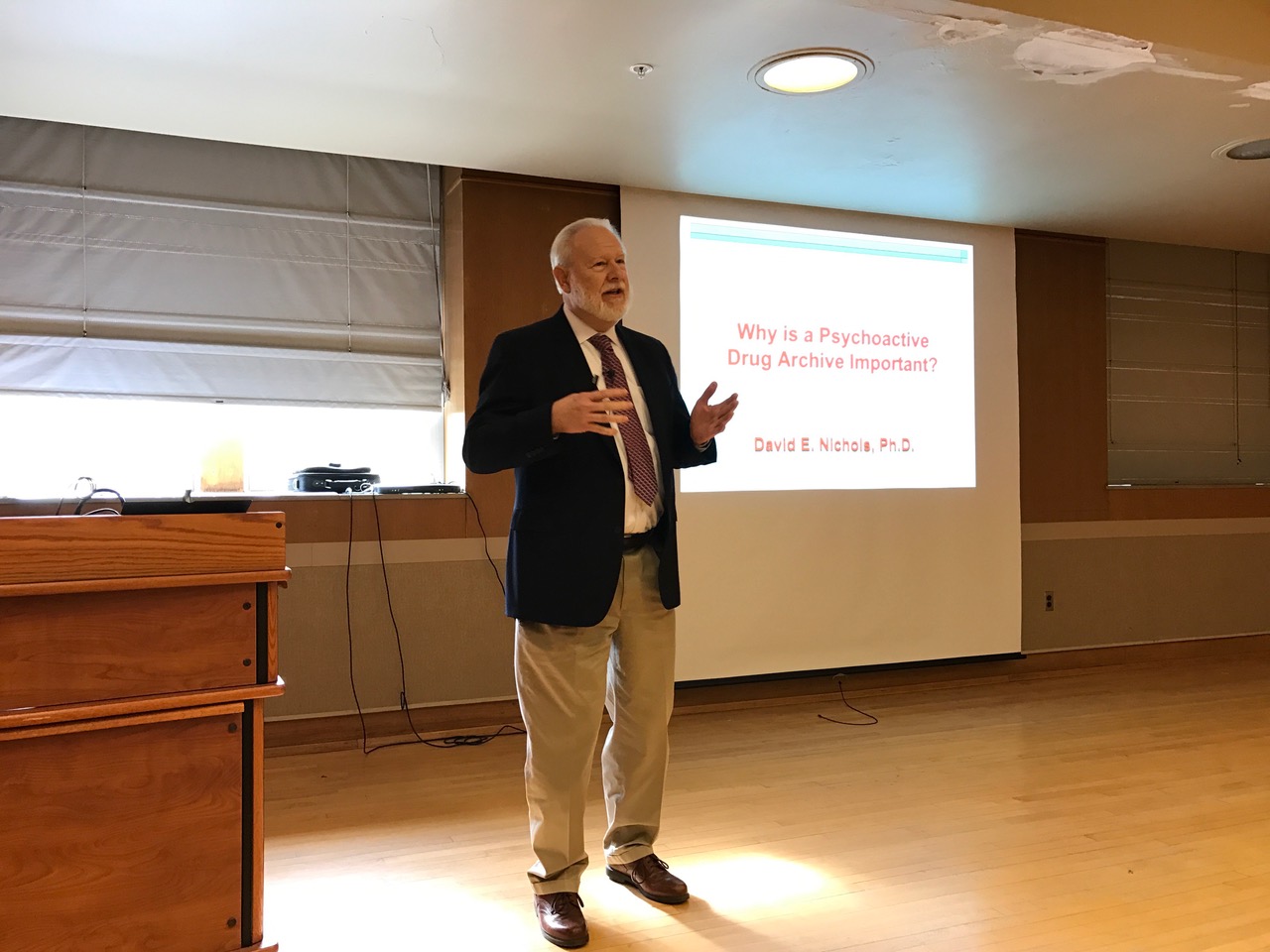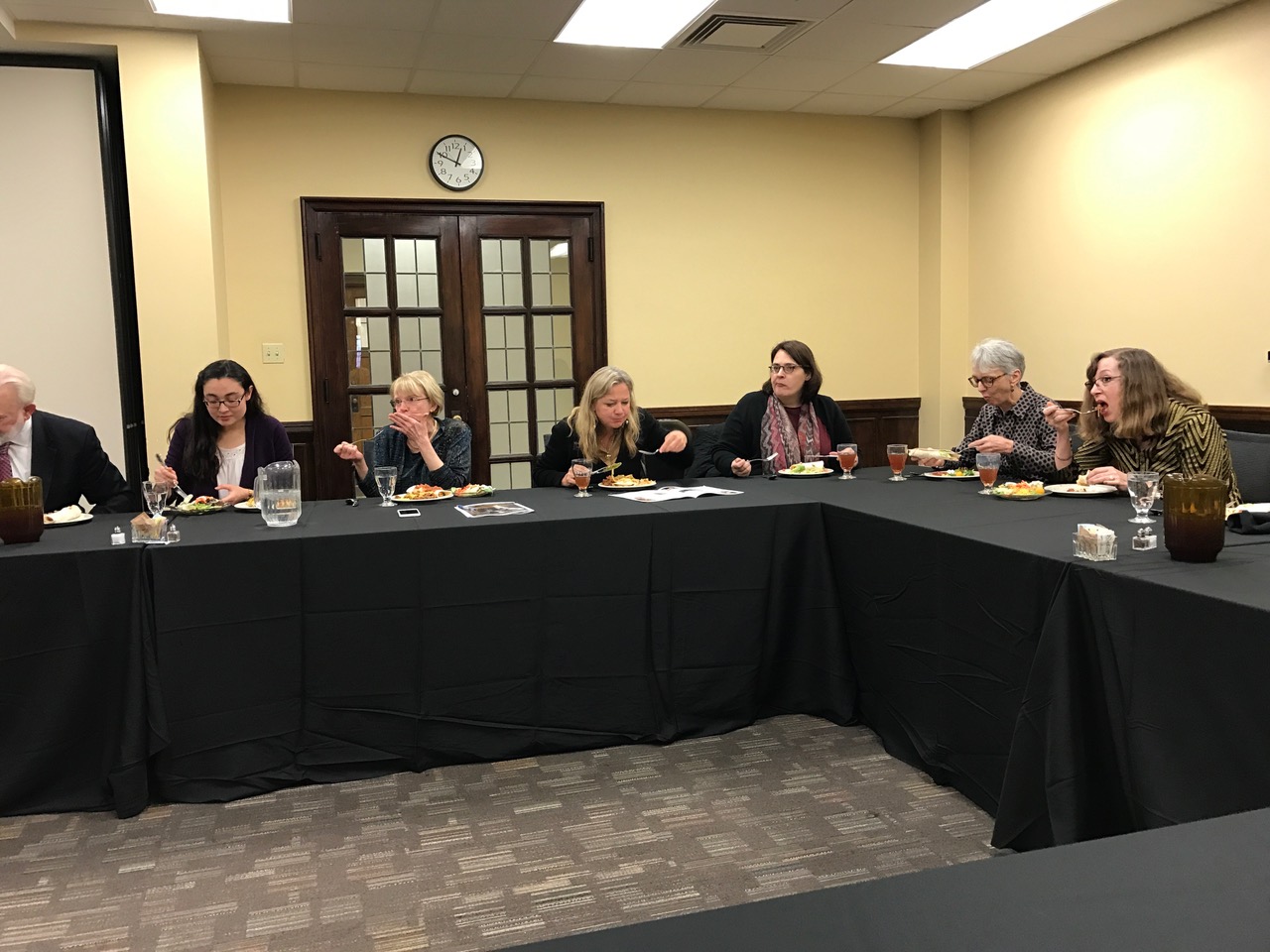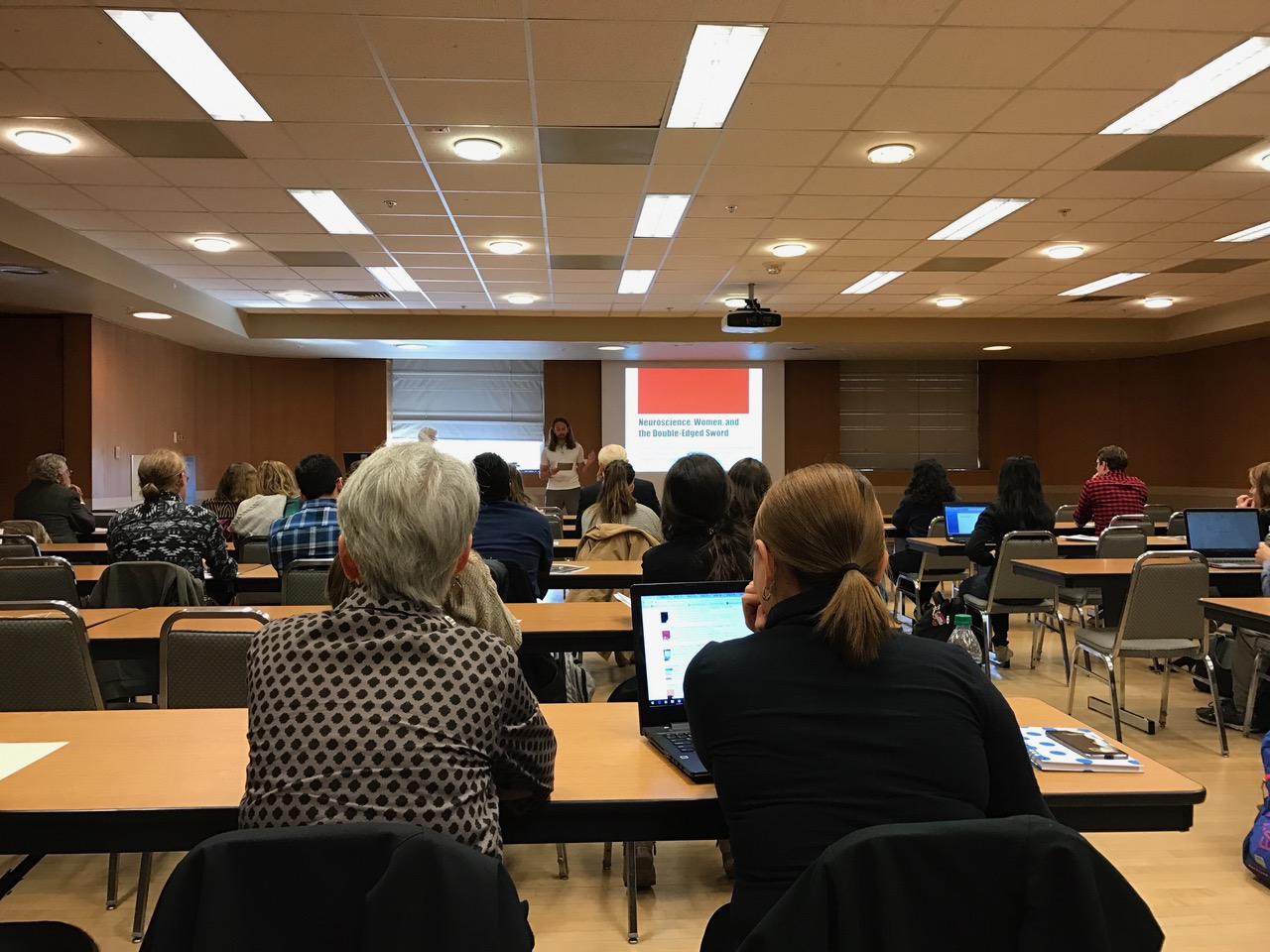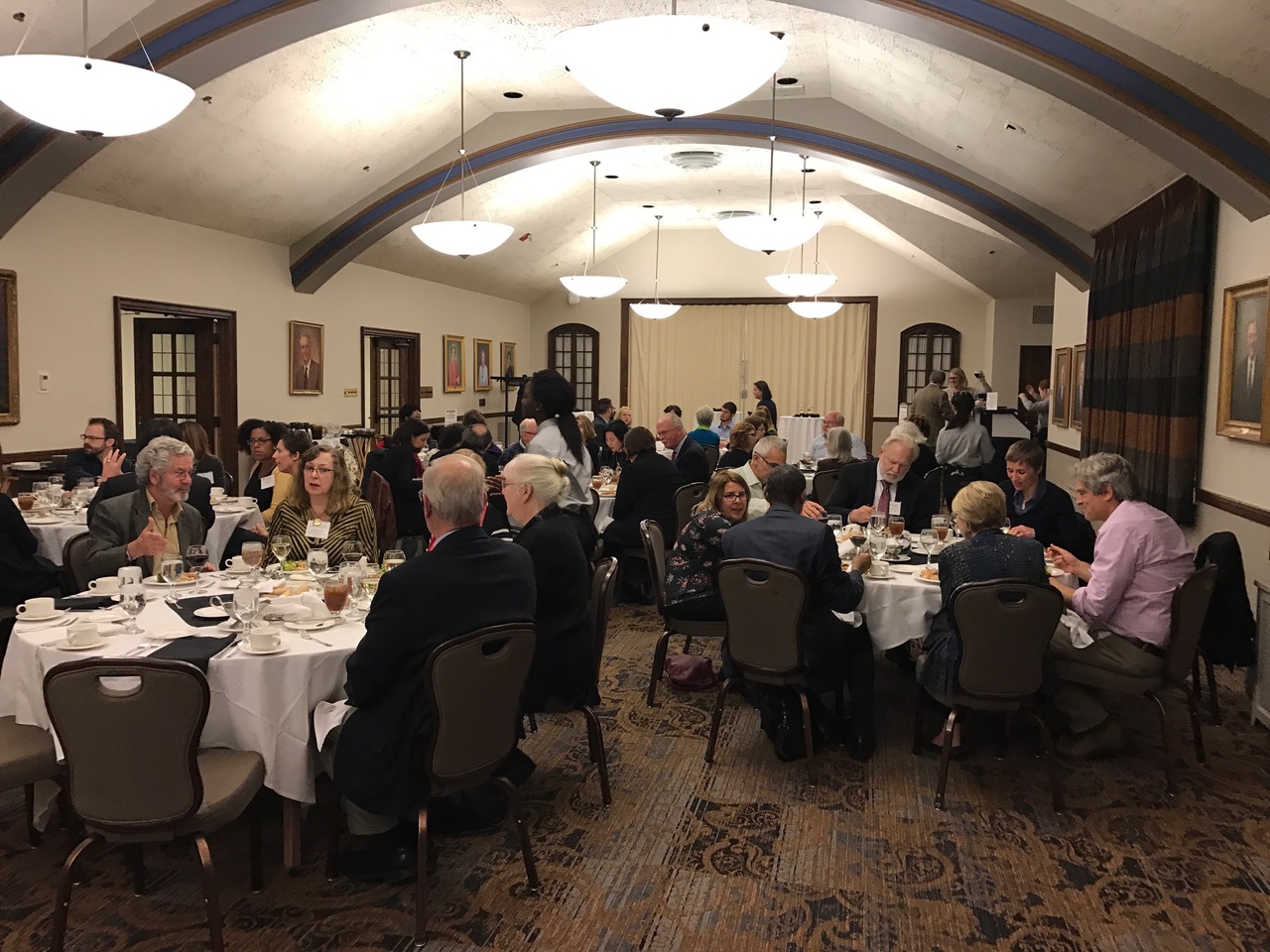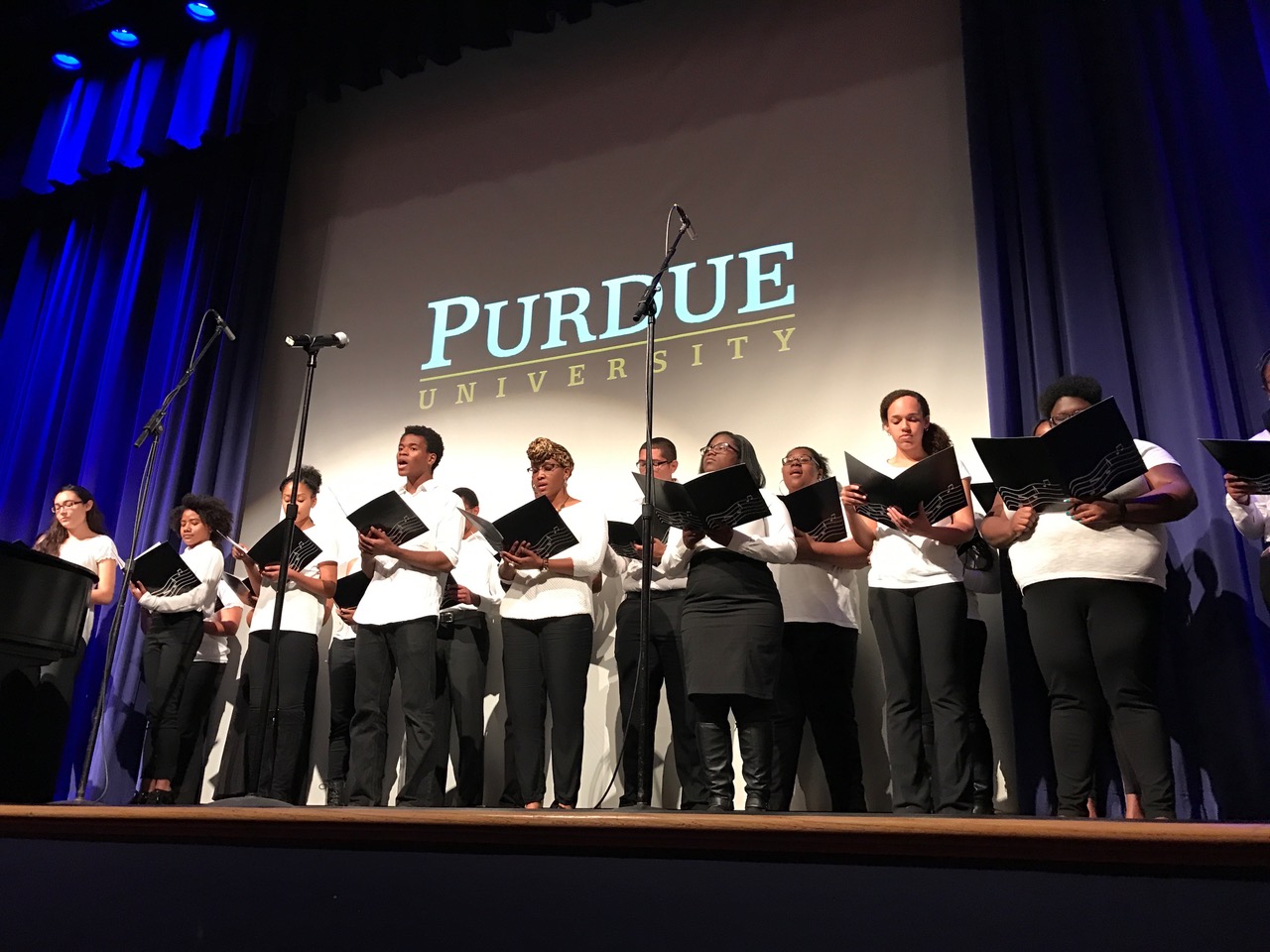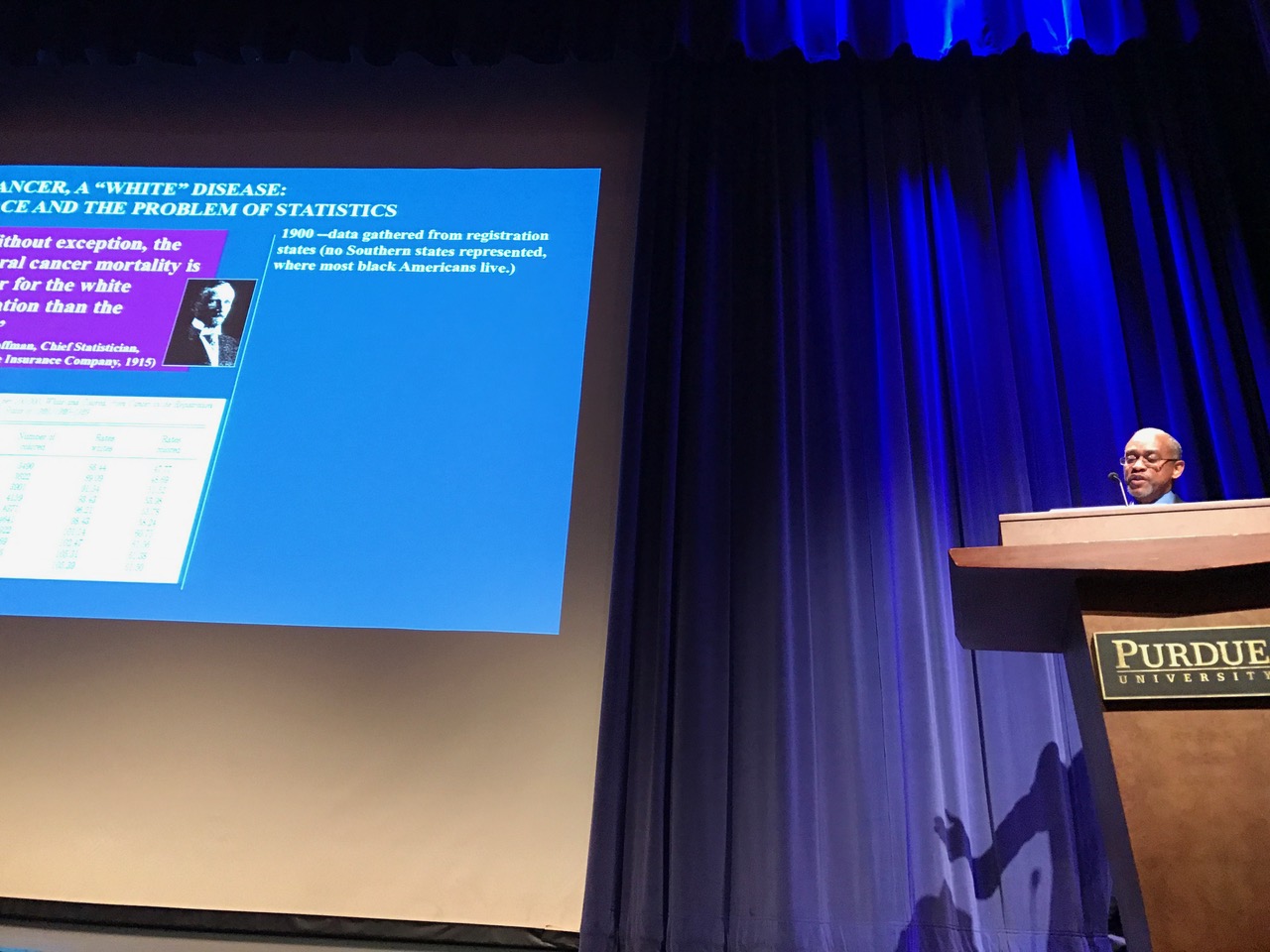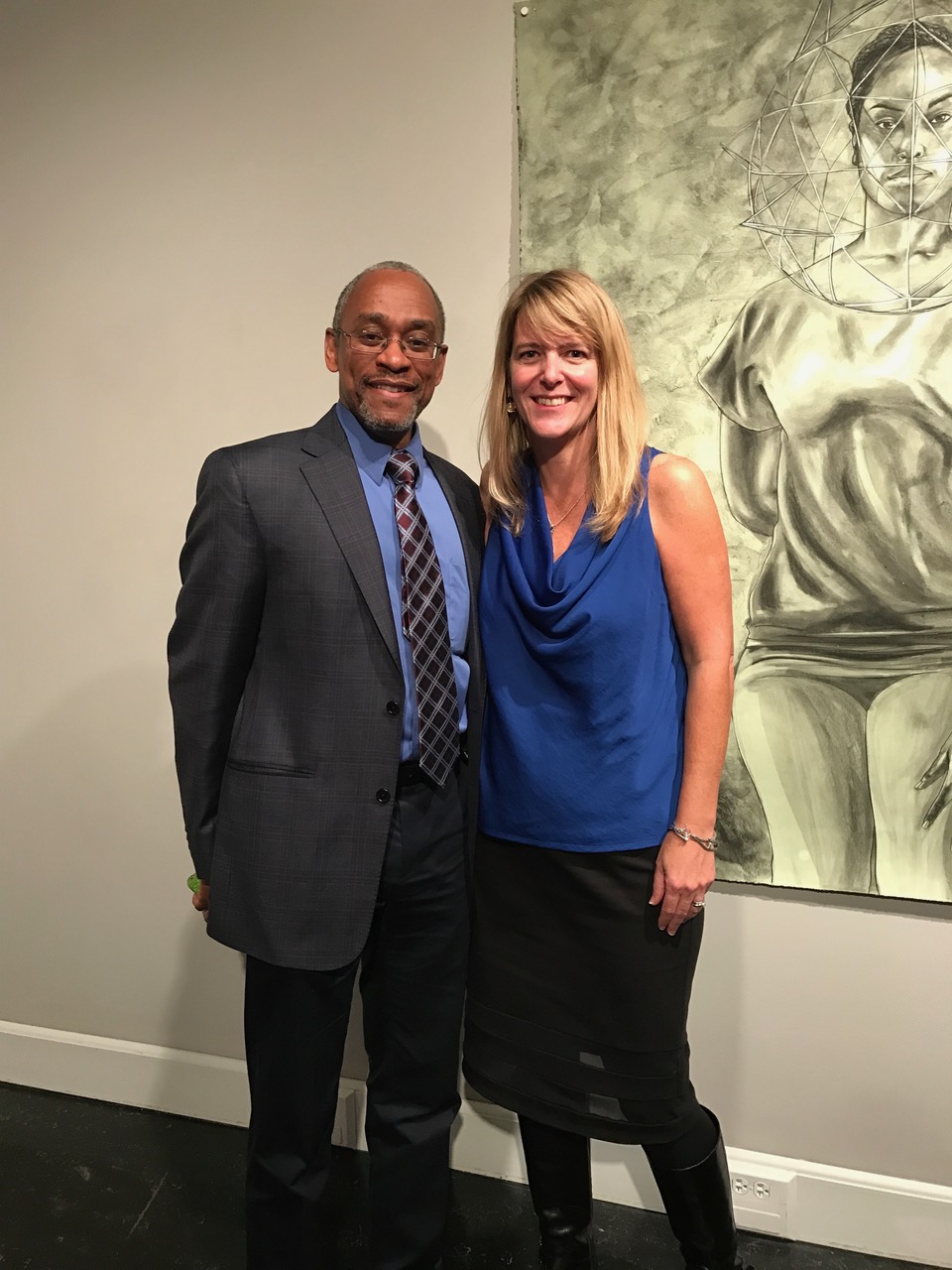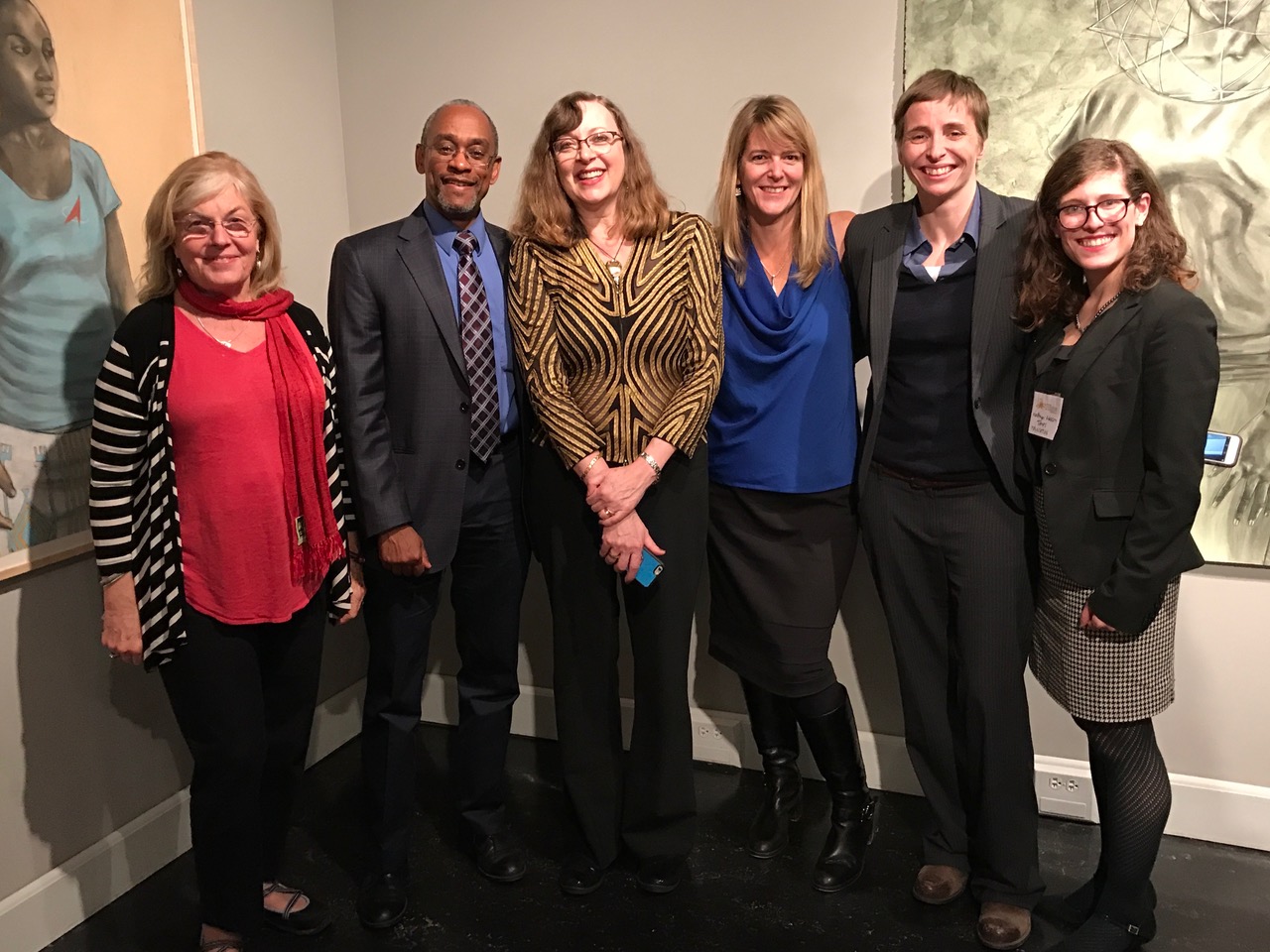
Current Events
2024
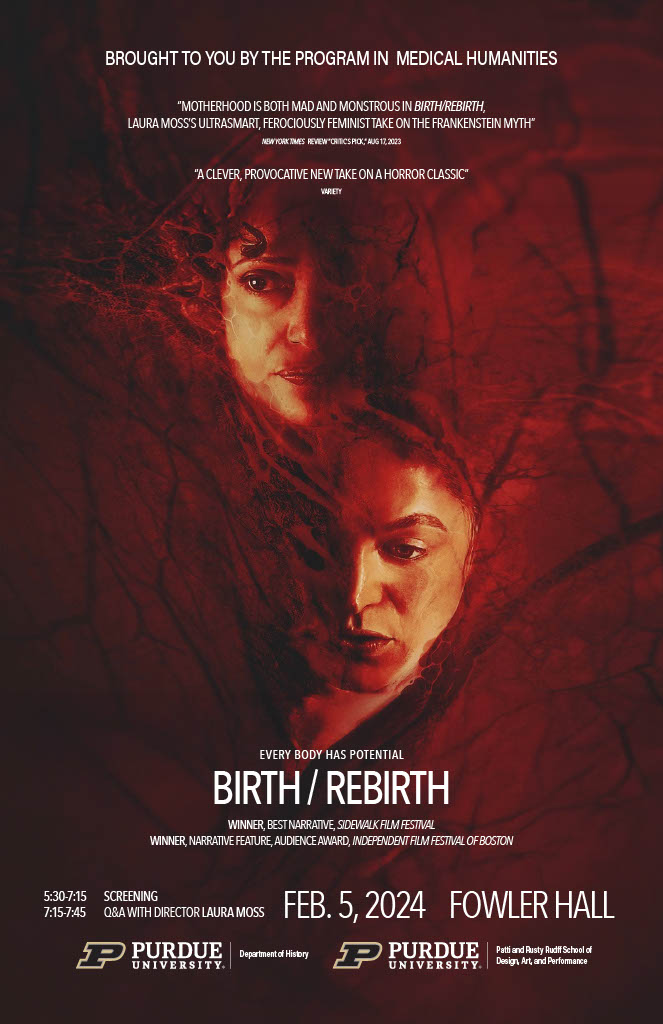
Past Events
2019
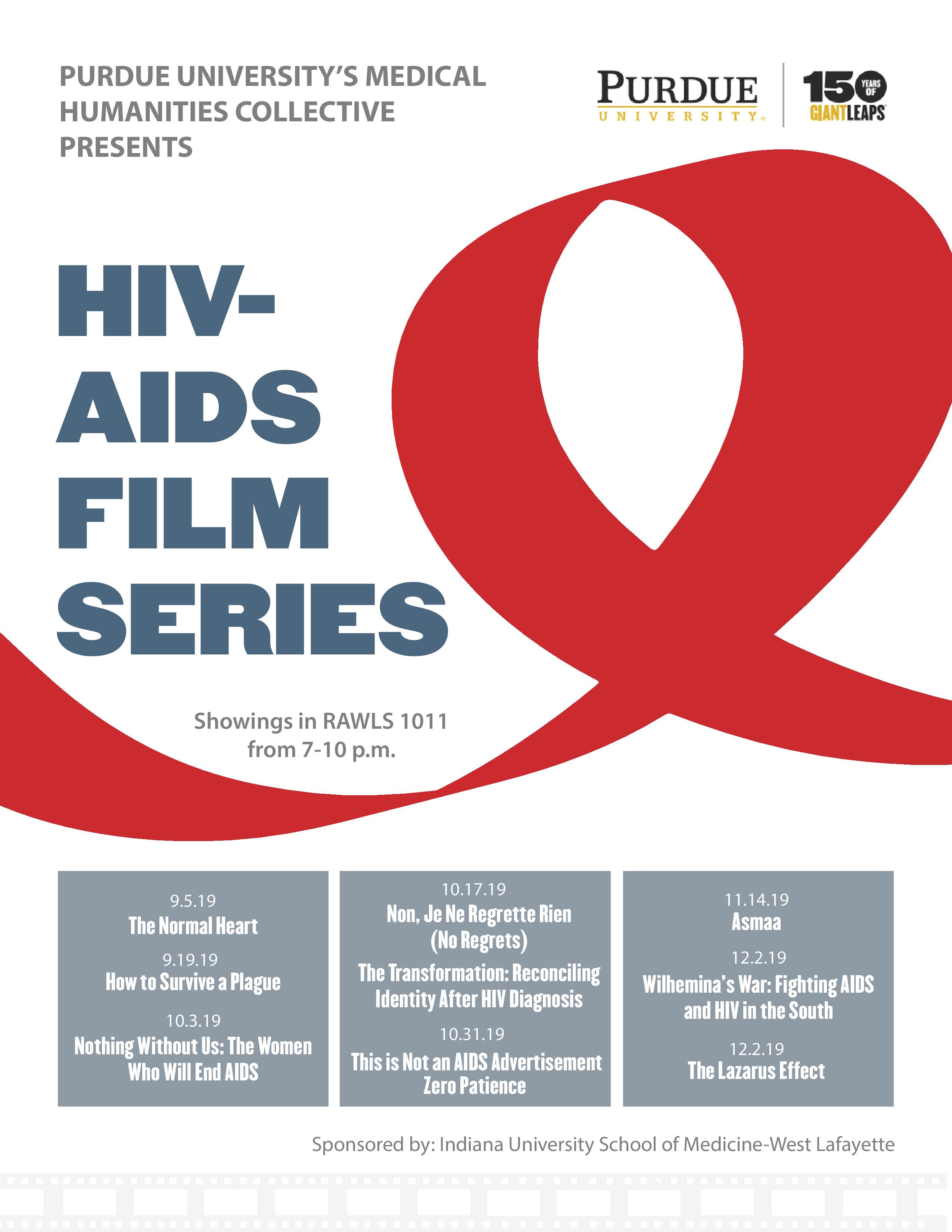
What If? The World Embraced the Mysteries of the Mind
As part of the Medical Humanities Collective and Purdue's 150th anniversary Ideas Festival, Dr. Christine Montross, award-winning writer, physician, and psychiatrist at Brown University, discussed mental health issues and shared insights on her 2013 publication Falling into the Fire: A Psychiatrist's Encounters with the Mind in Crisis.
This event also included: readings of poetry and fiction on mental health by Purdue creative writing professors Sharon Solwitz and Donald Platt; a performance of the Cormac McCarthy play "The Sunset Limited" presented by William Caise, assistant director of the Black Cultural Center and Richard Rand, professor and coordinator of Undergraduate Theatre Studies; and a mental wellness workshop entitled "How to Spot and Help Someone with Mental Health Issues," led by business-focused health and well-being consultant at professional services firm PwC, Brigette Mariner.
2018
Cadaver, Speak
As outlined in the flier, "Cadaver, Speak: Poetry and Performance from the Dissection Lab" included readings by the author, Marianne Brouch, the IU School of Medicine (West Lafayette), and Purdue's Creative Writing MFA program.
Performances also included those by choreographers and dancers from the Division of Dance at the Patti and Rusty Rueff School of Visual and Performing Arts. An exhibition was also held in the Patti and Rusty Rueff Gallery in Pao Hall.
2016
On November 14, 2016, Purdue University kicked off its medical humanities program by inviting a diverse collection of scholars and speakers to discuss a wide range of topics including psychoactive substances, cancer survivorship, and medical tourism.
